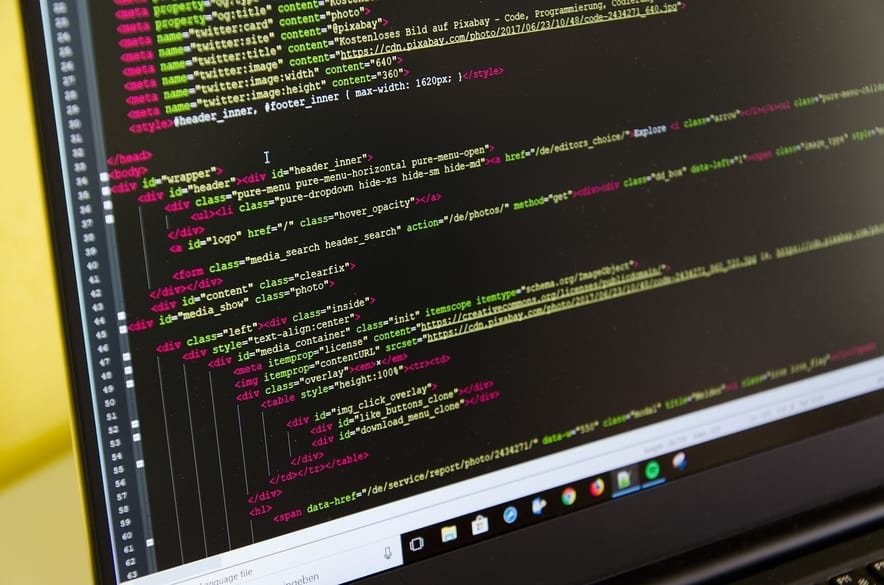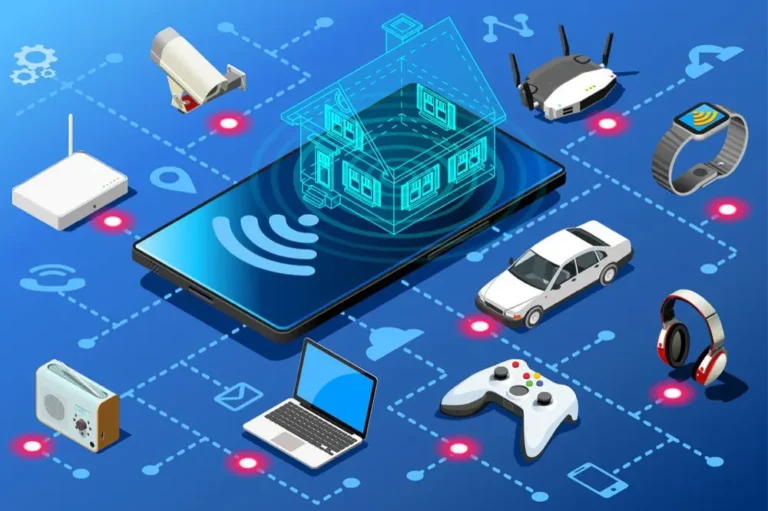Exploring the Basics of Programming Languages
Understanding programming languages is fundamental for anyone engaged in technology. These languages serve as the medium through which humans communicate with computers. Each language has its own syntax and purpose, influencing how problems are approached and solved. By exploring various programming paradigms, individuals can enhance their analytical skills. However, the journey into programming is just beginning. What lies ahead in this exploration of languages and their applications?
What Is a Programming Language?
A programming language is a formal set of rules and symbols that enables humans to communicate instructions to computers.
Each language features a unique syntax structure, dictating how statements are formed.
Additionally, various language paradigms, such as procedural, object-oriented, and functional, provide different approaches to problem-solving.
Understanding these elements empowers individuals to harness technology creatively and effectively, fostering a sense of freedom in development.
See also: The Future of Nanotechnology in Medicine
Popular Programming Languages and Their Uses
Programming languages serve as vital tools in the software development landscape, each designed with specific strengths and applications.
Python applications excel in data analysis and machine learning, while JavaScript frameworks power dynamic web interfaces.
C++ performance is unmatched in system-level programming, providing high efficiency.
Ruby development offers elegant syntax for rapid application building, appealing to developers who prioritize simplicity and productivity.
The Importance of Learning Programming
Understanding various programming languages highlights the significance of learning programming itself.
Mastering programming equips individuals with essential problem-solving skills, enabling them to approach challenges creatively and effectively.
Furthermore, it opens up diverse career opportunities across various industries, fostering innovation and personal growth.
Ultimately, the ability to program not only enhances one’s skill set but also empowers individuals to shape their future with greater freedom.
Getting Started With Programming: Resources and Tips
How can beginners effectively navigate the world of programming?
They can start by exploring various beginner resources that cater to different learning styles. Engaging in online courses provides structured guidance and practical hands-on experience.
Additionally, joining programming communities fosters collaboration and support. By utilizing these tools, aspiring programmers can cultivate their skills and gain the confidence needed to thrive in their coding journey.
Conclusion
In conclusion, delving into the basics of programming languages reveals a fascinating world of logic and creativity. As one learns the unique syntax and structures, they may coincidentally discover a passion for problem-solving that extends beyond coding. This newfound interest could lead to unexpected career opportunities or collaborative projects, connecting them with like-minded individuals. Ultimately, the journey through programming not only equips aspiring developers with technical skills but also enriches their understanding of technology’s role in shaping the future.



